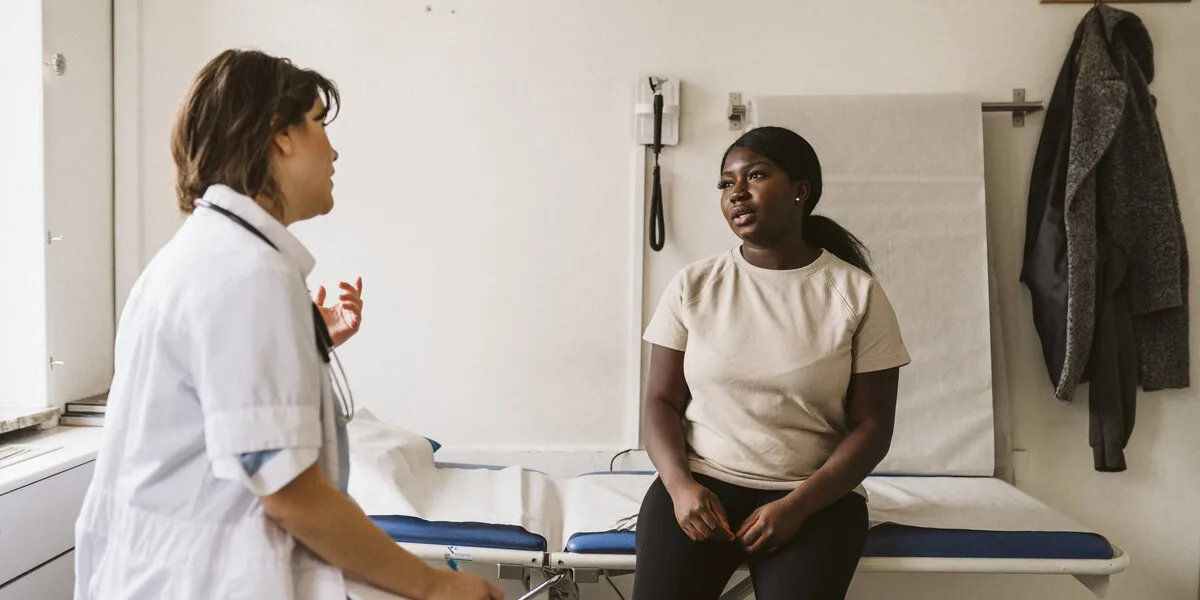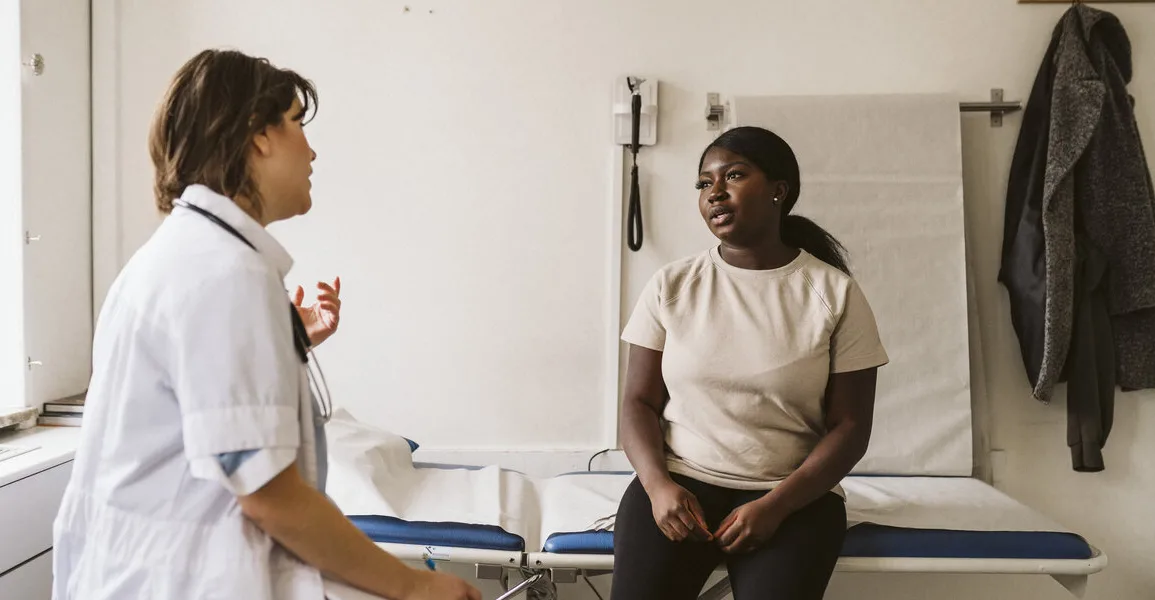
The sad reality of being a person of color in America means you often expect to encounter racism in all facets of your life — even during a simple visit to the doctor’s office.
Health research organization KFF recently surveyed nearly 6,300 adults and found an alarming contrast in how different racial and ethnic groups experience routine health care interactions.
In the last 10 years, twice as many Black women reported being denied pain medication after giving birth as compared to their white counterparts. This discovery goes hand in hand with previous studies that found Black patients are less likely to be given appropriate pain medication than white patients in general, according to NPR.
25% of ‘Hispanic, Black, Asian, and American Indian and Alaska Native’ adults claimed that doctors were unlikely to include them in decisions regarding their own care. Samantha Artiga, vice president and director of the Racial Equity and Health Policy Program at KFF, told NPR that certain survey respondents described instances in which their serious health conditions were initially dismissed.
It’s clear that people of color are aware of these racial disparities. According to the study, 60% of Black respondents ‘say they prepare for possible insults from providers or staff and/or feel they must be very careful about their appearance to be treated fairly during health care visits.’ That number was similarly high for Indigenous respondents (52%), Hispanic respondents (51%), and Asian respondents (42%). Incidents of perceived discrimination in medical visits was also higher among Black survey respondents with darker skin complexions than those with lighter ones.
‘While there have been efforts in health care for decades to document disparities and advance health equity, this survey shows the impact racism and discrimination continue to have on people’s health care experiences,’ said KFF President and CEO Drew Altman in a press release. ‘And people in the survey reported that racism and discrimination have affected not only the care they get, but also their health and well-being.’


